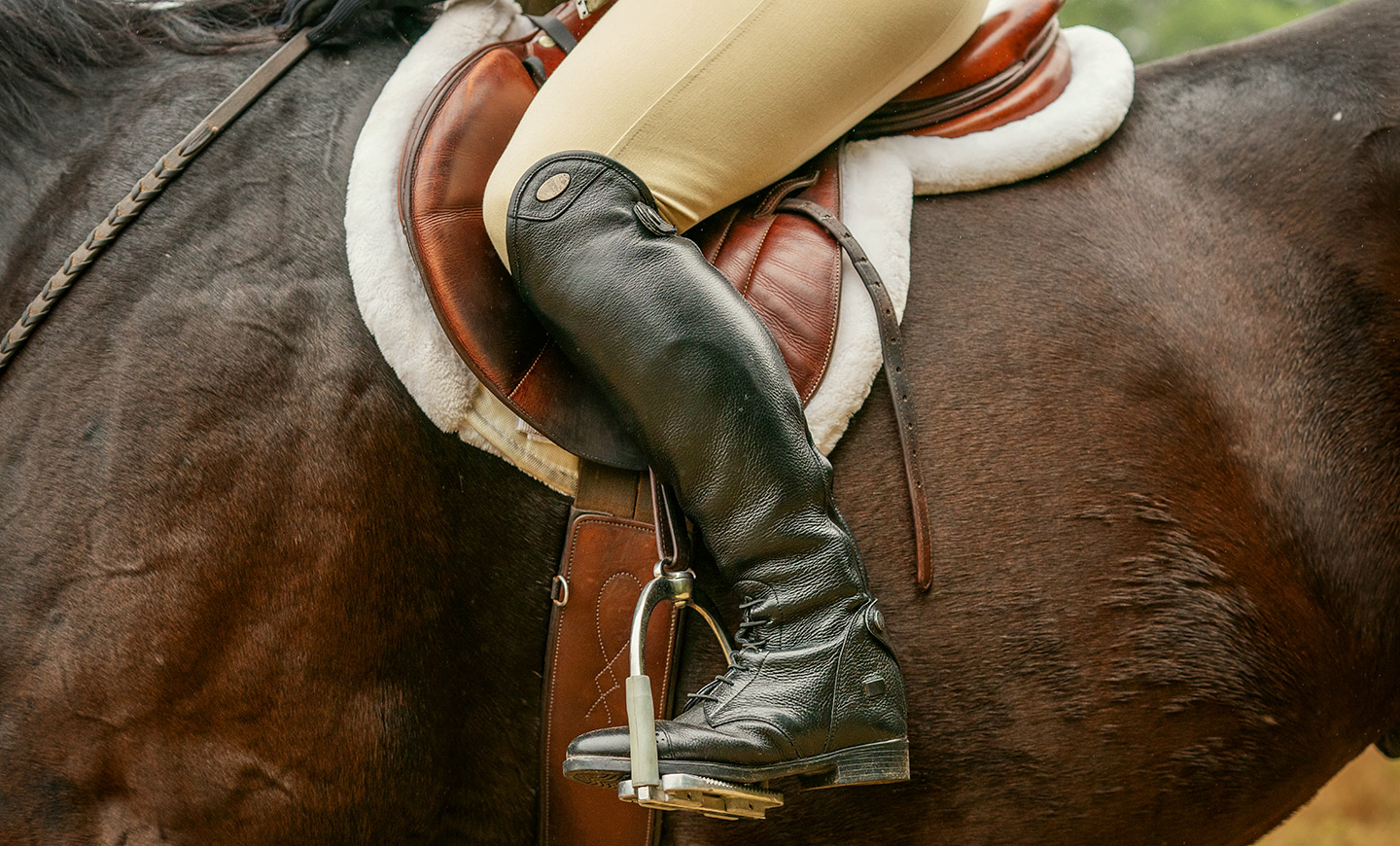
-
The first and only vaccine to help protect against all 5 potentially-fatal core equine diseases in one injection.8
-
3 million doses sold since 201810
-
99.7% reaction-free in field safety studies11,12
-
Safe for use in horses 3+ months old and pregnant mares in their third trimester8

-
Fluvac Innovator EHV-4/1 is the #1 most trusted equine respiratory vaccine in the United States.9
-
Successfully evaluated to cross-protect against 116 equine influenza viruses (EIV) isolated from 35 states, and locations in Canada and Europe, since 2018 13-18, 27

2017-2024 EIV isolates
Created apart to be stronger together
Core EQ Innovator and Fluvac Innovator EHV-4/1 were formulated to complement each other. Research has shown that dividing core and risk-based vaccines into separate injections provided up to 4.7 times the immune response against equine Influenza than combination vaccines that include influenza protection.19
 Visit veterinary professionals site
Visit veterinary professionals site























